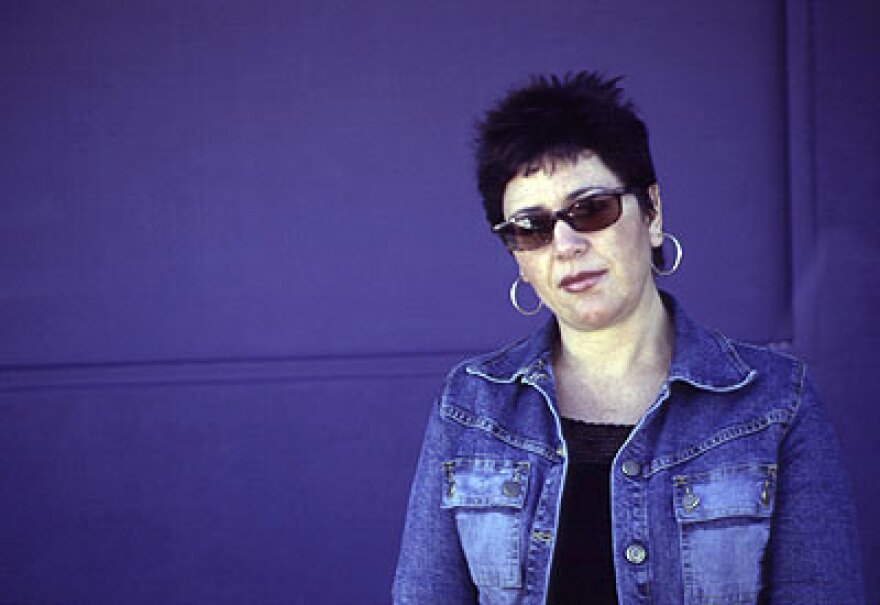The Mexican composer Gabriela Ortiz has found a great deal of success with her varied catalog of work. To try to define it in only a paragraph, or two, would be unfair and probably impossible. Likewise, her work defies any attempt to be pigeon-holed into a nationalistic or ethnic box. Yes, some of the catalog reflects her Mexican roots. But other titles speak in a musical language which should only be described as contemporary.
That said, it must be admitted that the theatrical "Camelia la Tejana - Only the Truth" is undeniably nationalistic, albeit a nationalism which strides the border shared by the US and Mexico. Described by some as videopera, a more thorough description might be video-opera documentary. The work, formally titled in Ms. Ortiz' catalog as "Unicamente la Verdad," is described by the online publication "Everything Long Beach":
"'Camelia la Tejana – Only the Truth' explores the creation of a popular myth when fact and fiction get mixed up and fuel popular retelling and mythology through media. The opera weaves together these truths and legends, their facts and fictions, ever seeking and transforming the truth while portraying a painful analytic narration of the harsh reality of drug trafficking and migration in northern Mexico."
"Camelia la Tejana - Unicamenta la Verdad" opens this weekend at the Long Beach Opera. An article in the Los Angeles Times speaks to the complexity of reporting contemporary history in theatrical terms. In this case, many believe Gabriela Ortiz and her brother and principal collaborator Rubén Ortiz-Torres have succeeded, at least to the extent that theater can contain the realities of a culture of drugs and violence.



